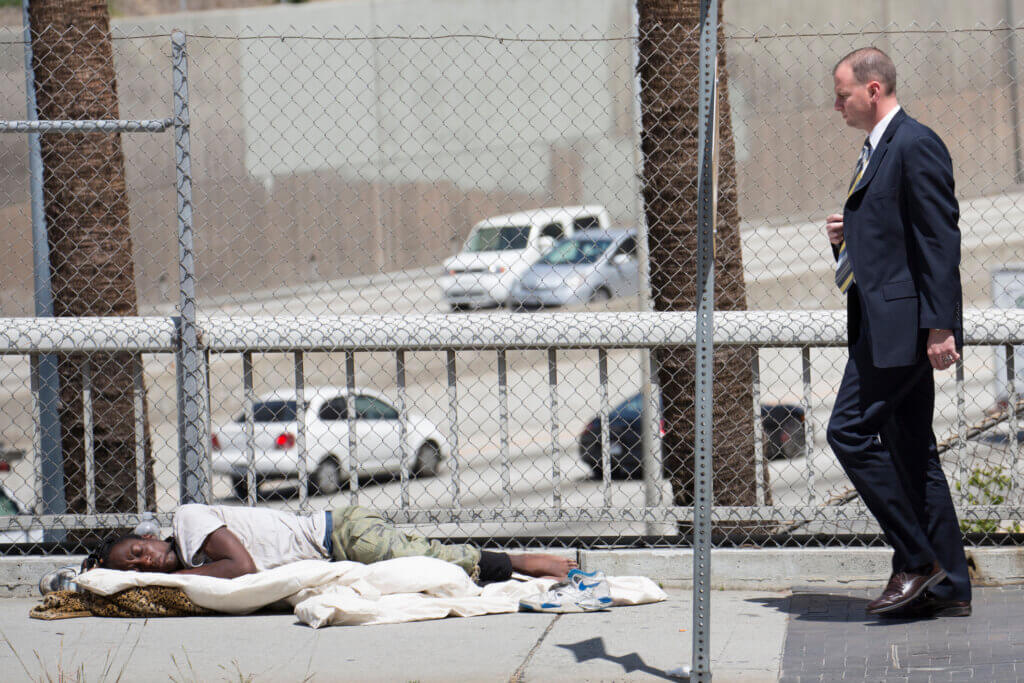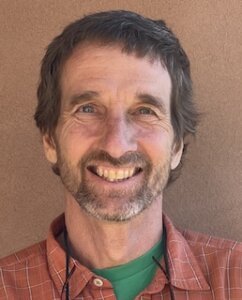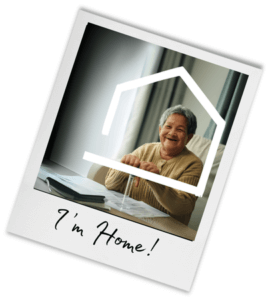
The Value of Agency |
“You know who doesn’t put up a fight? People without hope.” |
I heard Gillian Tett, Chair of the Financial Times Editorial Board, say something the other day that made me think about my 17 years of experience in working with those experiencing homelessness and all they have taught me.
“As someone who trained as a cultural anthropologist, one thing you learn is that every single person assumes that the intellectual framework they grew up with, and built their careers around, is natural, normal, inevitable and should be universal. That is just the nature of being human, and everybody is wrong.” – Gillian Tett
I am well known for suggesting that homelessness is misunderstood, and at its core, is quite simple. Our housing system requires resources or relationships in order to be housed and for some, circumstances, whether situational or chronic, prevent a person from having those resources or relationships. That’s when homelessness occurs. Simple. (See my post from February, https://allroadsboco.org/is-it-complicated/).
I am also known to say that within my 17-year personal project of coming to the aid of the needy, as Gillian suggests, it has been critically important to filter out the lessons and assumptions I brought with me as a person who was born into great opportunity and let the homeless be my teachers. Once I did that and made a purposeful effort to understand the experience our clients brought with them as a result of their journey, I was able to have a much clearer understanding of how best to come to their aid.

The defining lesson of my life is best described by the word agency. My journey has left me with the firm belief that while I am not in control of everything, my actions, my behaviors, and my efforts have a significant impact on my reality. I have a lot of agency in my life, control, and a belief that the world around me is oriented in a way that if I make an effort, tell the truth, and follow the rules, I will be rewarded. If I try hard now, it will pay off later.
This was my mindset in 2007 when I arrived at All Roads, working on the floor of the shelter and providing street outreach, eager to help our clients but predictably naive to the limits that my personal experience and view of the world would assist in that effort. I simply assumed that the lessons I had learned in my life, the relationship I had with my world, were things shared by everyone, or at least things I could help our clients easily understand.
The notion that I was facing people who had an entirely different relationship with their surroundings never occurred to me. The assumption that those whose life has been so riddled with misfortune as to end up homeless have the same basic software as me and all they need is an opportunity, or enlightenment, for most of them to break free from the deep trap of the street was both well intended and frankly, a mistake.
Every client at the shelter is an individual with their own journey, but being forced to generalize, I have learned that they are not a blank canvas waiting to be shown or told how the world works. They are fully formed adults with decades of their own experiences dealing with a world significantly different than mine – one that does not work very well. Our clients suffer from extreme poverty, something with which I am not familiar, and almost everything is a moment-to-moment battle. They most often do not have the luxury of thinking beyond their immediate needs, and they do not have a firm belief that the world will reward them if they make an effort. They do not have anywhere close to the agency, trust, or hope in the world that I do.
Sometimes that is because of the grip of addiction, poverty, oppression, poor mental health or physical health, trauma, victimization, etc. Ultimately, they often have little trust in their surroundings and a long history of things not working out for them. They can feel little agency over what happens to them. If hope is the belief that you can affect your own reality, the homeless often have very little hope.
To me, the world is something I have ownership in. To our clients, their experience frequently leaves them feeling as though the world is a rental car.
You know who doesn’t put up a fight? People without hope.
How does this perspective help? Critically, it helps me meet the homeless where they are. It deepens my compassion, and allows me to avoid the ‘what’s wrong with you’ response”. It helps me to avoid judging people when they do not meet expectations that I take for granted. It gives me patience. It helped me face the uncomfortable question of how can we help people who have so little faith in a world that has provided me with so much. How can we help people who have concluded that things won’t work out for them?
That’s what I would want any visitor, volunteer, staff, even our Board to take away from their experience working with the homeless. Since stripping away my own assumptions helped me so much in understanding the work, I want everyone who takes the time to think about homelessness to start there and wrestle with the concept of having hope and building agency for those who have so little of either.
At All Roads we start with the basics – food, warmth, shelter, and whenever possible, a home, because people whose life has left them with little hope and no agency at least deserve a home. Homelessness is no place to try and inspire hope. A home is. It’s the least we can do and maybe, we can then start, bit by bit by bit, to build hope and agency from there, from the warmth, comfort, dignity and consistency of a home. A home is where hope can be born.
And it works. Meeting people where they are with empathy and understanding is not only the mark of a good person, but it is by far the most effective way to help others. It recognizes the dual nature of the problem: We are the same, but our relationship with the world is not, and embracing that difference is critical to understanding their plight and coming to their aid.
Any of us who have tried to help a friend or family member in crisis has had to learn that same lesson. For All Roads, which is trying to solve a community crisis that involves hundreds of people at a time, we have to be efficient AND effective with our resources. And time and again, housing people first has proven to be both. It solves homelessness at the lowest possible price to the community.
So the next time you think about how to help the homeless, imagine seeing the world through their eyes and with the context of their experience. That is what I had to do in my work, and it has made all the difference in the world.


Michael Block,
CEO, All Roads



